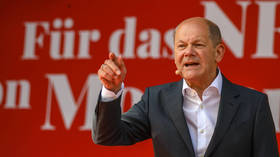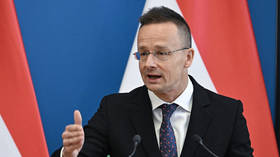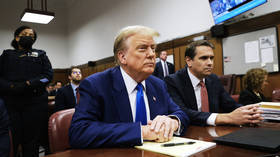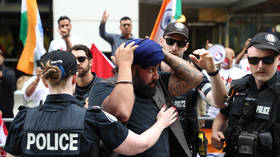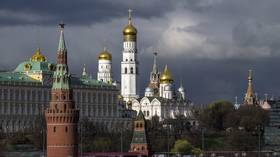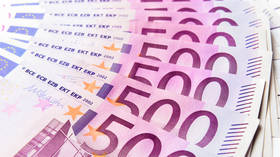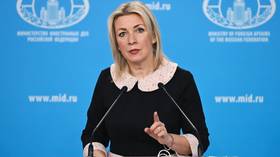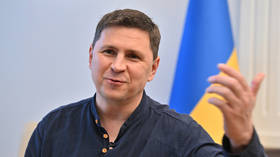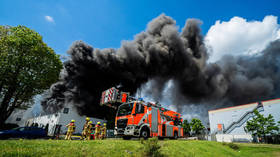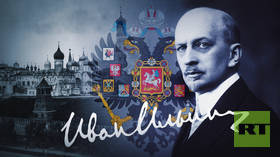Allies of German chancellor lose key vote
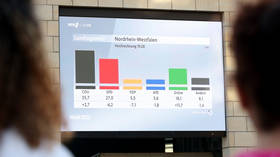
German Chancellor Olaf Scholz’s Social Democrats suffered a setback in a traditional heartland on Sunday as the party claimed an historically low percentage of the vote. The Greens, their partners in the national coalition, almost tripled their own support in North Rhine-Westphalia (NRW) and are now poised to play kingmaker in forming the federal state’s next government.
NRW is the most populous region in Germany, with 13 million registered voters, and is a political and economic powerhouse. Sunday’s contest was held six months after the national poll that brought Scholz to power.
The regional vote was considered a ‘mini-federal election’ serving as a bellwether for the state of the nation. Scholz personally campaigned on behalf of Thomas Kutschaty, the leading candidate from his Social Democratic Party (SPD), further turning it into a symbolic referendum on his policies.
The projected results indicate a huge loss for the SPD, which won just 27% of the vote, down from 31.2% in 2017. The party has never scored below 30% in the region since modern Germany was created in the wake of World War II.
The opposition Christian Democrats (CDU), who held power in Germany for 16 years under former Chancellor Angela Merkel, came first with a projected 36% of the vote, up from 33% in the previous election.
The Greens showed the biggest gain by taking 18%, compared to just 6.4% four years ago. The Free Democrats (FDP), the CDU’s coalition partners in the current NRW government, and the Alternative for Germany (AfD) both took a hit.
The CDU-FDP bloc no longer has enough seats in the regional parliament to ensure continuation of their arrangement, so the Greens are now able to serve as kingmakers. The CDU’s Hendrik Wust has the strongest claim to form a new ruling coalition, with the Greens as the most likely partner. As he celebrated the victory, he said holding coalition talks was his next step after the Christian Democrats received a clear mandate from voters to remain in power, but offered no specifics.
However, a “traffic light coalition” of Social Democrats, Free Democrats and the Greens – the same parties that control the federal government of Germany – is likewise on the table. Mona Neubaur, the leading candidate from the Greens, thanked her opposite numbers from the other parties – except the rightwing AfD – for running a fair and respectful race and said her party was ready to “take responsibility” for the region.
The electoral flop was the second for the SPD this month, after it suffered a defeat last week in the northern federal state of Schleswig-Holstein. The Christian Democrats won by a landslide, with the Greens taking second place.
However, in late March, the Social Democrats scored an historic landslide win in the small region of Saarland, capturing an absolute majority.
